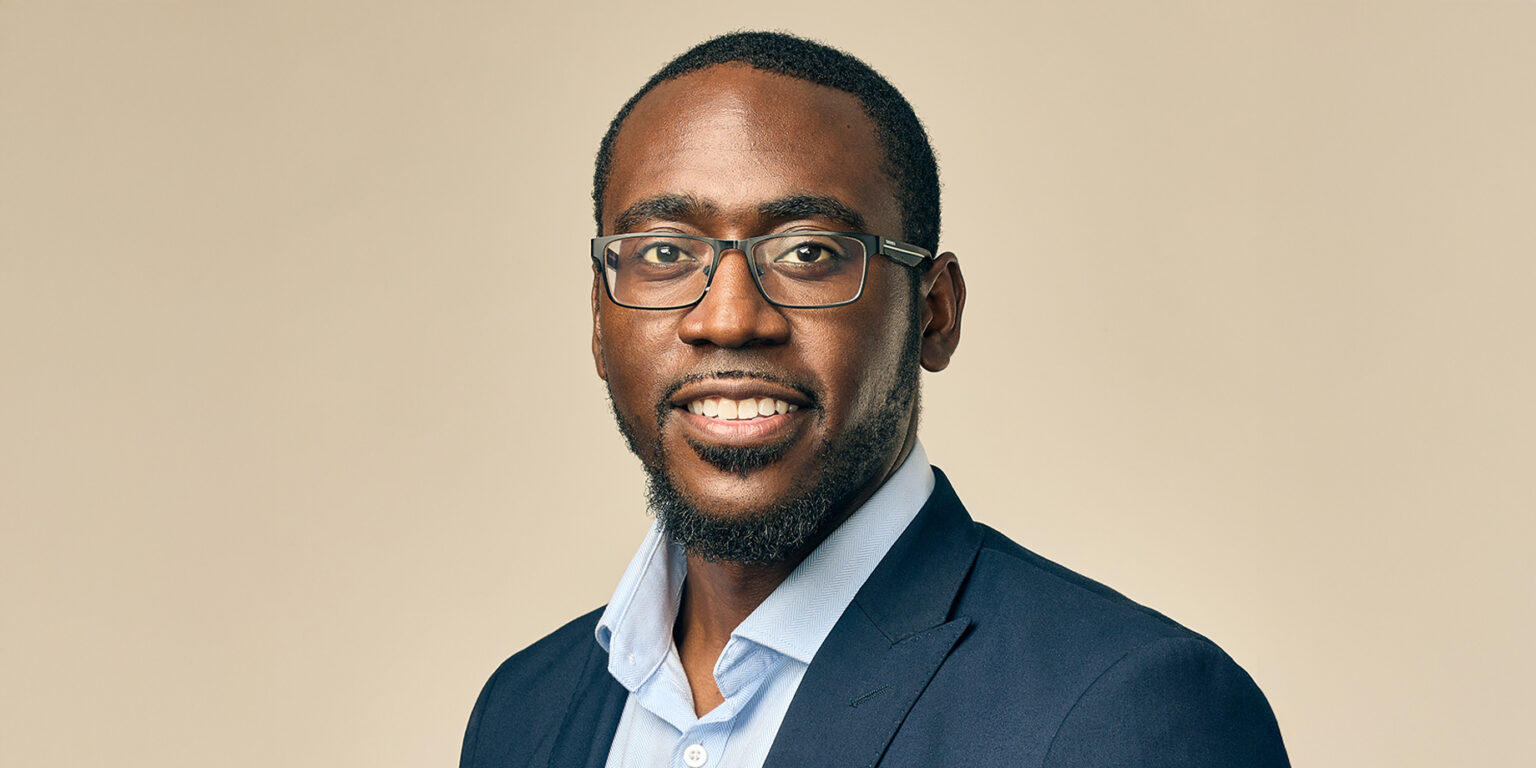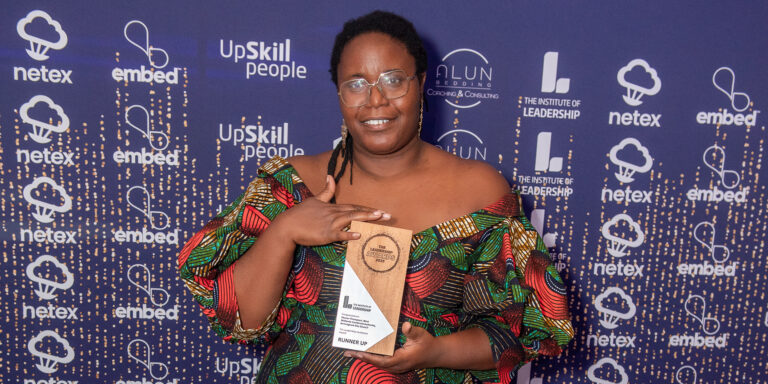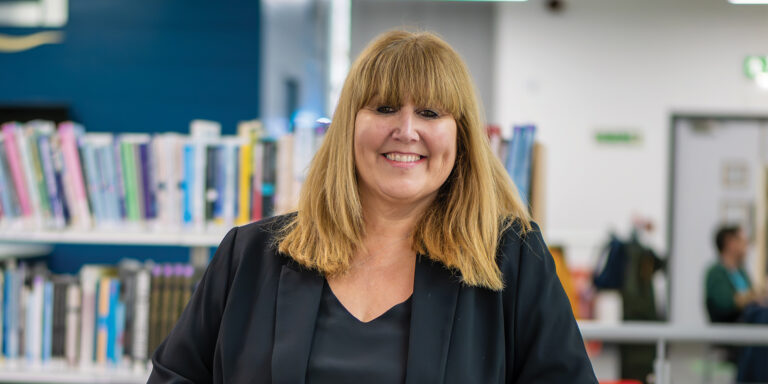Adrian Goddard works in payroll, a sector where the majority of the feedback employees receive is negative. “You only hear from people when things go wrong,” he says, “There’s never, ever, any recognition that, hey, you did it well.”
Such is the reality of working in payroll. The reason for such a polarised experience of customer feedback is simple: payroll is about people’s livelihoods – their ability to pay monthly bills and put food on the table for their families.
“In payroll, you’re dealing with something that’s highly sensitive,” says Goddard. “It’s somebody’s money and you must have a great level of scrutiny to ensure that it’s right. If it’s not, there’s obviously going to be a backlash. That’s the challenge. If staff are being paid on time and accurately, every time, there’s no issue. People are happy to allow the payroll function to continue as it is. But if anyone’s pay doesn’t go through on pay day, or if pay is incorrect for a number of staff members, that’s when you hear the noise – and that’s when I guess the spotlight is on your payroll function and how it needs fixing. Payroll is a fundamental hygiene factor for every business.”
A foundation in sales
Goddard started working in payroll in 2012, selling software and payroll services to accountants, payroll bureaus and small and medium-size businesses. He very soon learned that, from a commercial perspective, payroll is all about credibility.
“If you’re not credible when you’re trying to offer software and services, people won’t buy into you.
Your job is to give them the confidence to make the investment. One of the earlier lightbulb moments I had was that it helped to sit down with them, share a screen with the software and show them, step by step, what they needed to do to improve their payroll. It meant I was able to understand and practise payroll in a more hands-on way, which then helped when engaging with prospects and customers.”
Goddard is now commercial director at the Chartered Institute of Payroll Professionals (CIPP). “I’ve been at director level for the past four years and, at the CIPP, I’m responsible for all things marketing, events and sales within the institute. Part of my role is also to help steer the CIPP so we continue to have a strong influence within the payroll industry, and to make more people aware of its importance.”
Human vs machine
The hands-on, human-first approach that Goddard brought to sales is useful when navigating the technological changes that are, as with other sectors, impacting payroll.
“AI is having an impact,” he says. “People worry that technology will take their jobs, but it’s only likely to do that if you don’t stay up to speed. It’s all about being able to process payroll accurately.
“Some payrolls are relatively static and the same every month. AI could probably do a lot of that. You could use it to complete the process, and then a human would come in to do the checks and make sure everything’s correct before you sign it off. But most payrolls aren’t that simple. You may have complexities surrounding staff members’ contracts, and this may have implications for their pay. Then there are various calculations if somebody has worked a weekend or completed overtime, or had an overnight stay for business that’s incurred expenses. Or maybe someone works across different locations. There are so many things that go into it. AI can support the process, but probably more for the mundane, repetitive tasks.”
In an area that has the potential to trigger strong emotions, Goddard believes human connection will remain vital. “I don’t think you’ll ever be able to take the person away from the role. You need supportive staff members if pay does go wrong. People might be angry, or in tears, or confused. Would you really expect a computer to engage with that and respond? You need empathy – somebody to be compassionate about other employees and to find a solution that supports personal circumstances.
“For many, the concept of payroll is simply pushing a button, but it’s far more than that.
It does a whole raft of things and the future of payroll depends on them all working together. It’s not just the payroll professionals themselves, it’s the whole community: business leadership; specialists in consultancy and implementation of payroll projects; the people that build the payroll platforms; sales and marketing teams.”
While automated payrolls are becoming the norm, Goddard says there is still a cautious approach to technology: “Perhaps because of the level of scrutiny that goes into payroll, there’s a lot of nervousness. At the CIPP, we support education to reduce that nervousness and enable the payroll community to embrace tech. The focus is on how you can position yourself so that you’re part of the strategic development of the organisation, in terms of what payroll looks like in future, rather than getting left behind.
“Your organisation doesn’t want to come into disrepute for non-compliance and suffer reputational damage – and, of course, you need to protect your workforce. HMRC changes legislation regularly. You have to stay on the ball with what’s required of you.
“One of the main challenges right now is that we’re at a transitional moment. We need to be in a position of strength and really understand how demands within payroll will change over the years – and how we can use our skills and knowledge within our organisations to add value and be a pivotal stakeholder within the business.”
Leading the transition
For Goddard, good leadership is essential through times of business transition.
“There are three things I focus on that have really become my leadership brand: the ‘three Cs’ – communication, culture and coaching. Most problems occur because of poor communication and facilitating a poor culture, and because people aren’t being coached and developed well. If you lead without coaching, you won’t draw excellence and a higher levels of performance from your team or employees. Then, if you don’t create the space to grow a positive culture in which everyone feels engaged and motivated to be their best, and to operate at the highest level possible, you won’t foster a winning mindset. That culture also needs to be collaborative, with people cross-pollinating ideas and skills.
“With communication, it’s about having an open-door policy and genuinely wanting to get to know and connect with people. If you can build a relationship where you communicate effectively, it’s like a bridge of truth. Even in the most difficult of times, relationships built on good communication make for a healthier workforce that finds the right way to get through those periods.”
Building trust
At the heart of this is the view that leadership is about enabling people to become their best.
“It’s easy to fall into the temptation to tell people what to do all the time. Yes, people need guidance sometimes, but sometimes you need to allow them to figure it out for themselves. Most of all, though, they need to see that they’re empowered to make certain decisions, and to learn and grow, and to reflect on any mistakes or challenging situations that arise. It’s about becoming more trusting.”
There’s something of a virtuous circle here, in which hands-on learning leads to better understanding, which leads to potential improvements in culture, coaching and communication. This, in turn, improves trust, which then positively impacts performance by enabling people to learn for themselves.
This is especially vital in a sector such as payroll, says Goddard, where misunderstandings and ignorance of the job can have serious consequences.
“Every month, payroll teams must meet strict deadlines. There can’t be any slip with those deadlines, because that means the workforce doesn’t get paid. People in the team are under great pressure. We really need to understand how it works and what it means to be in that team.
“We would expect an employee to be angry if an error is made and they don’t get the pay they were expecting, but the individuals in the payroll team can’t rise to that. They must stay calm, irrespective of the workload and the demands of the position. They have to be the rock for the business, and that should be recognised.”





